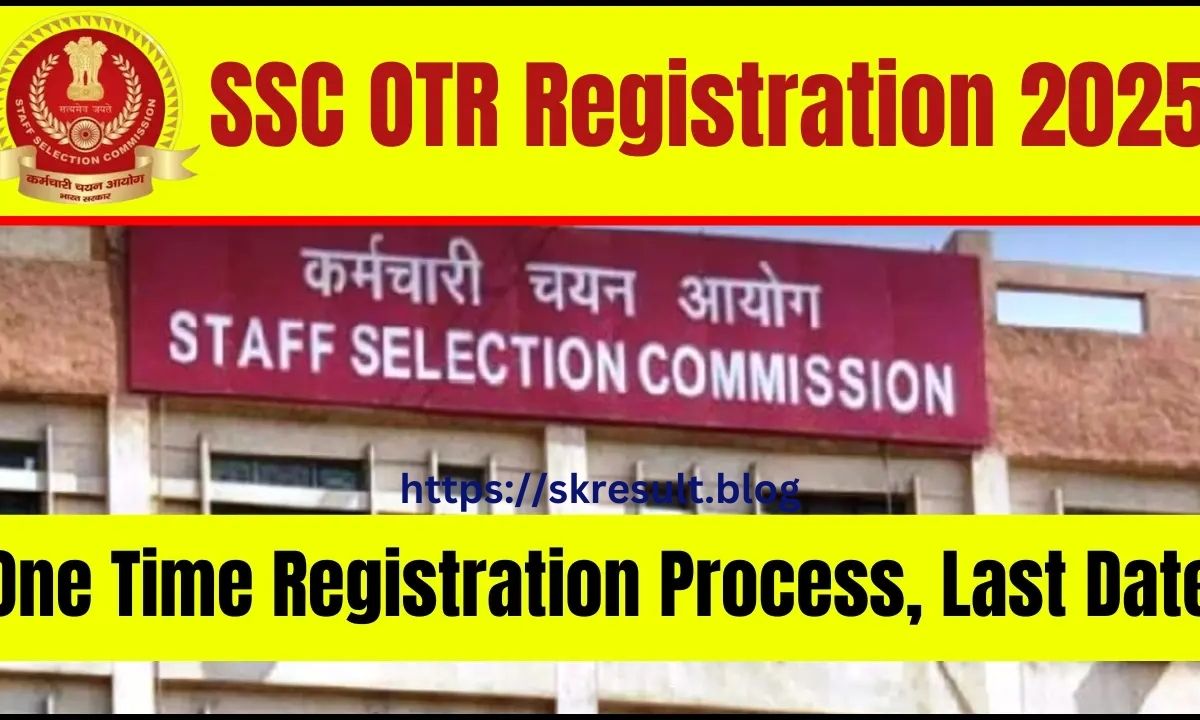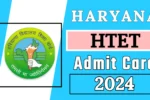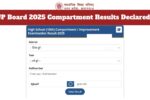In today’s competitive job market, securing a stable and rewarding career is a top priority for many. Government jobs, known for their security and benefits, are highly sought after. The Staff Selection Commission (SSC) plays a pivotal role in recruiting candidates for various government departments. To streamline the application process, SSC has introduced the One Time Registration (OTR) system. This blog post will delve into the details of SSC OTR 2025, guiding you through its significance, registration process, and benefits.
Major Employment Sectors in India
India’s diverse economy offers numerous employment opportunities across various sectors:
- Information Technology (IT): A rapidly growing sector with roles in software development, data analysis, and cybersecurity.
- Banking and Finance: Includes positions in public and private banks, insurance companies, and financial institutions.
- Government Jobs: Encompasses roles in administrative services, public sector undertakings, and defense services.
- Healthcare: Offers careers for doctors, nurses, medical technicians, and healthcare administrators.
- Freelancing and Online Work: Provides flexibility with opportunities in content writing, graphic design, and digital marketing
Essential Qualifications and Skills for Employment
To enhance employability, candidates should focus on:
- Educational Qualifications: Depending on the sector, qualifications range from high school diplomas to advanced degrees.
- Technical Skills: Proficiency in relevant tools and technologies, such as programming languages for IT roles or financial software for banking.
- Soft Skills: Communication, teamwork, problem-solving, and adaptability are crucial across all sectors.
- Continuous Learning: Engaging in workshops, certifications, and online courses to stay updated with industry trends.
Types of Government Jobs and Application Process
Government jobs are categorized based on the recruiting bodies:
- Staff Selection Commission (SSC): Conducts exams like CGL, CHSL, and MTS for various ministries and departments.
- Union Public Service Commission (UPSC): Recruits for civil services, engineering services, and defense services.
- Railway Recruitment Board (RRB): Handles recruitment for Indian Railways.
- State Public Service Commissions: Conduct exams for state-level administrative positions
Application Process:
- Registration: Create an account on the respective commission’s website.
- Application Form: Fill out the form with accurate details and upload necessary documents.
- Fee Payment: Pay the application fee online.
- Admit Card: Download the admit card once released.
- Examination: Appear for the exam on the scheduled date.
Career Opportunities in the Private Sector
The private sector offers dynamic career paths in:
- IT and Software Development: Roles in programming, system analysis, and project management.
- Banking and Financial Services: Positions in investment banking, financial analysis, and risk management.
- Manufacturing and Engineering: Opportunities in product design, quality control, and operations management.
- Marketing and Sales: Careers in brand management, digital marketing, and sales strategy.

Freelancing and Online Job Opportunities
The digital age has opened avenues for:
- Content Creation: Writing, blogging, and video production.
- Graphic Design and Web Development: Designing websites, logos, and marketing materials.
- Digital Marketing: SEO, social media management, and email marketing.
- Online Tutoring: Teaching subjects or skills through virtual platforms.
Top Websites and Tips for Job Hunting
Effective job search strategies include:
- Utilizing Job Portals: Websites like Naukri.com, LinkedIn, and Indeed offer extensive job listings.
- Networking: Connecting with professionals and attending industry events.
- Tailoring Resumes: Customizing resumes for each application to highlight relevant skills.
- Preparing for Interviews: Researching companies and practicing common interview questions.
Resume Building and Interview Preparation Tips
- Resume Tips:
- Keep it concise and focused on achievements.
- Use bullet points for clarity.
- Highlight skills and experiences relevant to the job.
- Interview Preparation:
- Research the company and role.
- Practice answering behavioral and technical questions.
- Dress appropriately and arrive on time.
Salary Expectations and Career Growth
Salaries vary based on industry, role, and experience:
- Entry-Level Positions: Competitive starting salaries with growth potential.
- Mid-Level Roles: Increased responsibilities and higher compensation.
- Senior Positions: Leadership roles with strategic decision-making and substantial salaries.
Career growth is facilitated by:
- Continuous learning and skill development.
- Taking on challenging projects.
- Seeking mentorship and feedback.
Considerations When Changing Jobs
When contemplating a job change:
- Assess Career Goals: Ensure the new role aligns with long-term objectives.
- Evaluate Company Culture: Research the organization’s values and work environment.
- Consider Compensation and Benefits: Compare salary, health benefits, and other perks.
- Plan the Transition: Provide adequate notice and complete pending responsibilities.
Conclusion
Navigating the job market requires strategic planning and adaptability. Whether pursuing government positions through SSC’s streamlined OTR system or exploring private sector opportunities, staying informed and prepared is key. Embrace continuous learning, leverage available resources, and approach your career journey with confidence.
FAQs
Q1: How can I secure a government job?
A: Start by identifying the relevant exams (e.g., SSC, UPSC), prepare thoroughly, and apply through official portals.
Q2: What skills are currently in demand?
A: Technical skills like data analysis, programming, and digital marketing, along with soft skills such as communication and adaptability, are highly valued.
Q3: Is SSC’s One Time Registration mandatory?
A: Yes, SSC OTR is mandatory for applying to any SSC exams from 2025 onwards.
Q4: Are there any fees for SSC OTR?
A: No, the SSC One Time Registration process is free of charge.
Q5: Can I edit my SSC OTR details after submission?
A: Yes, SSC allows candidates to edit their OTR details within a specified timeframe








